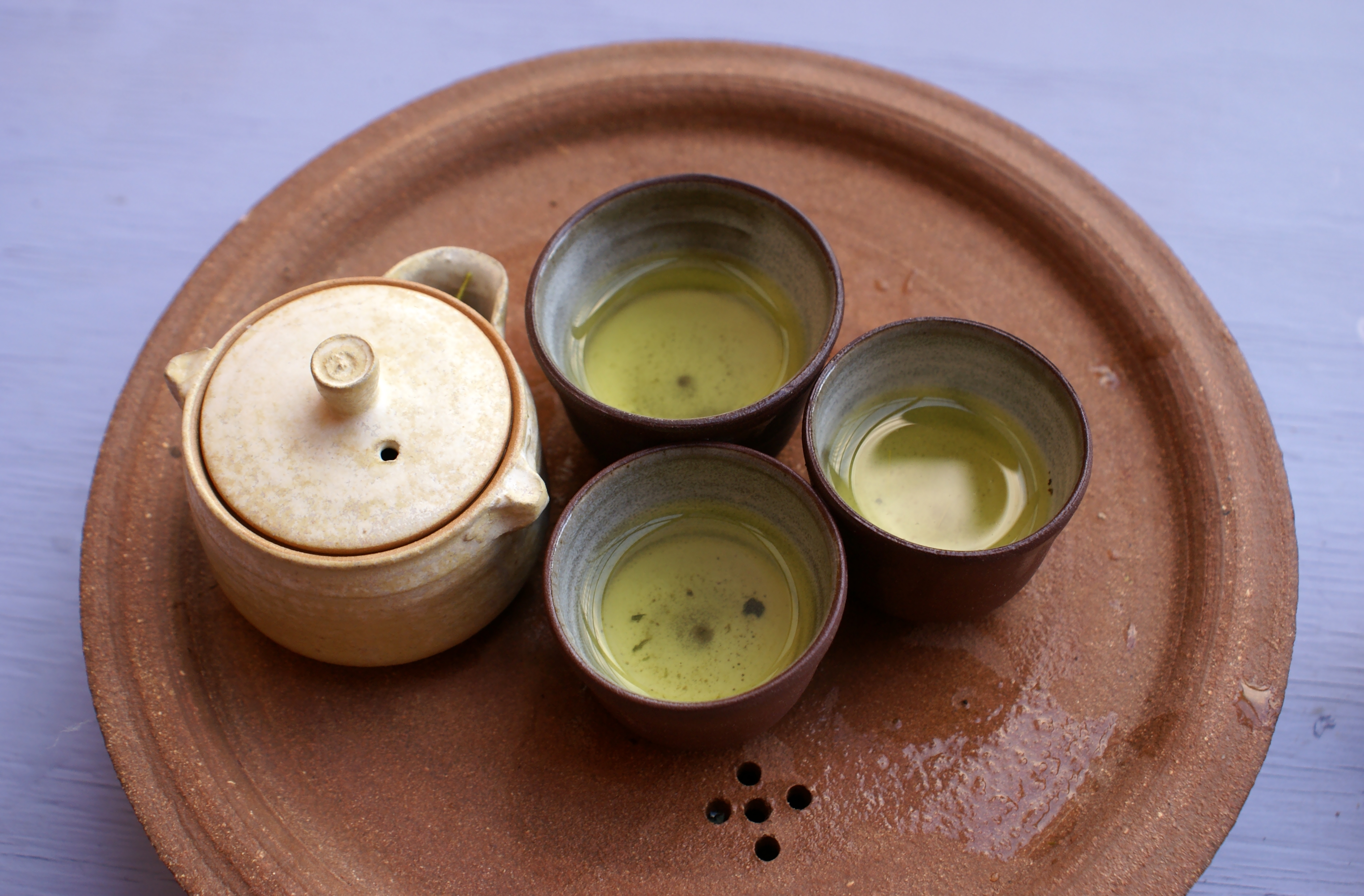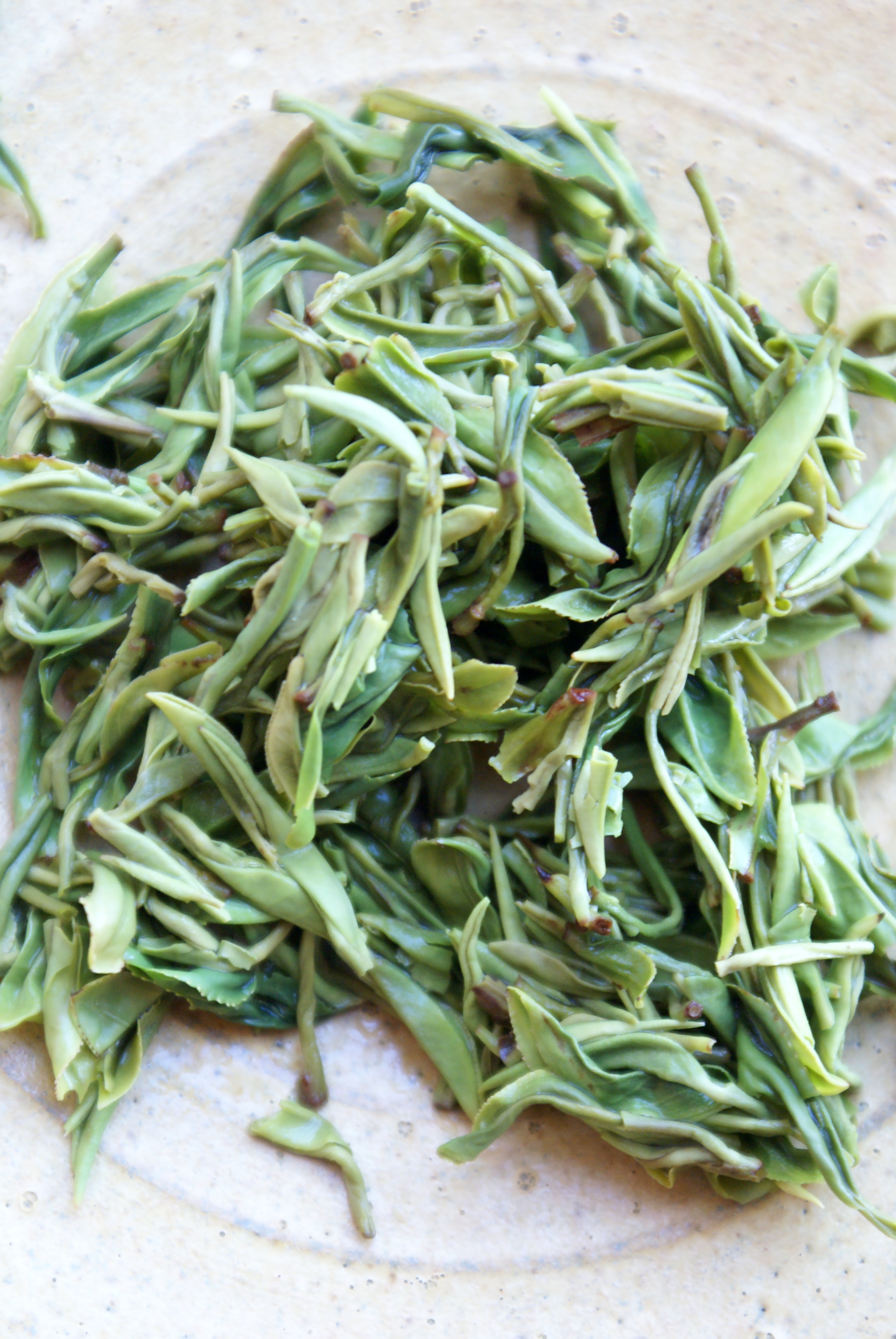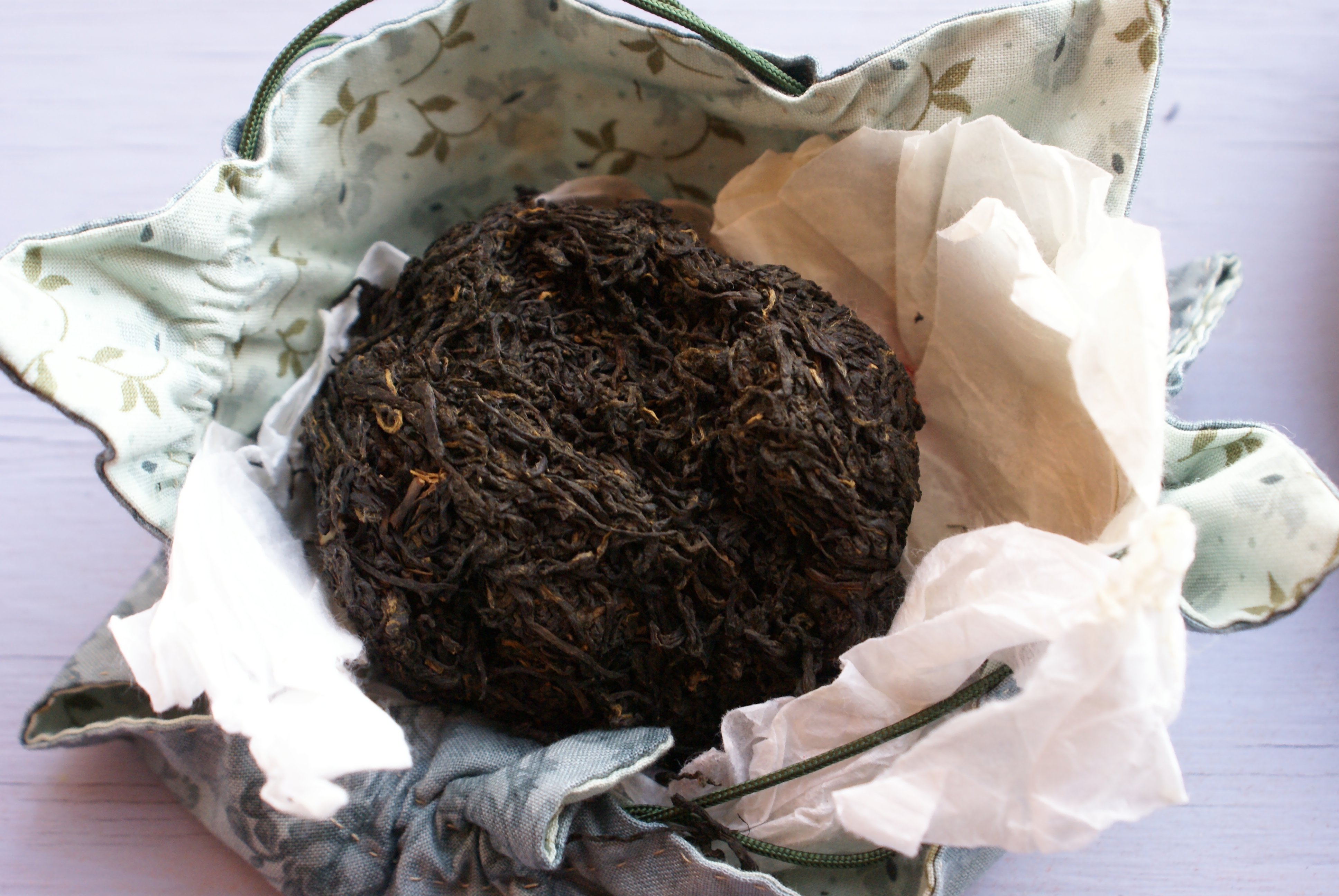The lure of Korean tea
Posted on 6 June 2011
Had another tea meeting here in Poland (see write-up of the previous one). This time we met at the atelier of ceramist Andrzej Bero (his blog with examples of works is here, and here are photos of some items I bought from him). We sampled through a lot of teas. I already mentioned in my earlier post how tricky these al fresco tea sessions are: water temperature is never perfect and there is too much confusion at the table to control tea brewing properly. But it’s fun and educational and I didn’t care about water for sencha being at 72C not 75C.
We drunk a 2010 Mansai sheng puer from Essence of Tea (its goodness being a consolation for the 2011 having moved out of my price range) and a bit of the 8th April Longjing I described here. Sayama, a fellow tea lover living in Japan, brought in some 2011 shincha that was full and intense, as well as a surprisingly decent ¥100 sencha (price is per 100g; I usually pay ¥2000 or more): vegetal and slightly drying but actually a proper tea costing less per cup than a matchstick.
Most interestingly, Sayama brought several teas from Korea, one of my favourite tea countries but exceedingly difficult to source. A cheap summer flush Sejak was ordinary but tasty, and a 2011 Ujeon had all the nutty, cerealy intensity you expect from this Korean supergrade, with a fantastically long finish. At $80 per 80g can it’s an expensive treat but worth it.
We also some balhyo cha that was my first experience with this Korean speciality. (A good article on balhyo cha is here). Usually translated as ‘yellow tea’, it actually is closer to a heavily oxidised oolong or a light black tea. The one we tried was produced artisanally by a tea master in Korea, and apparently was hand-pressed into a nest, resembling a puer tuocha. Small well-processed leaves looked dark brown to black like a Chinese black tea, but the caramelly, chocolatey, dried-fruity flavour came closest to an Oriental Beauty. I’m rebrewing it today and I find it a friendly, wholesome tea tolerate of brewing parameters: boiling water is as good as 90C and there is plenty of round, attractive fruit flavour.
Disclosure
All teas provided by participants.




